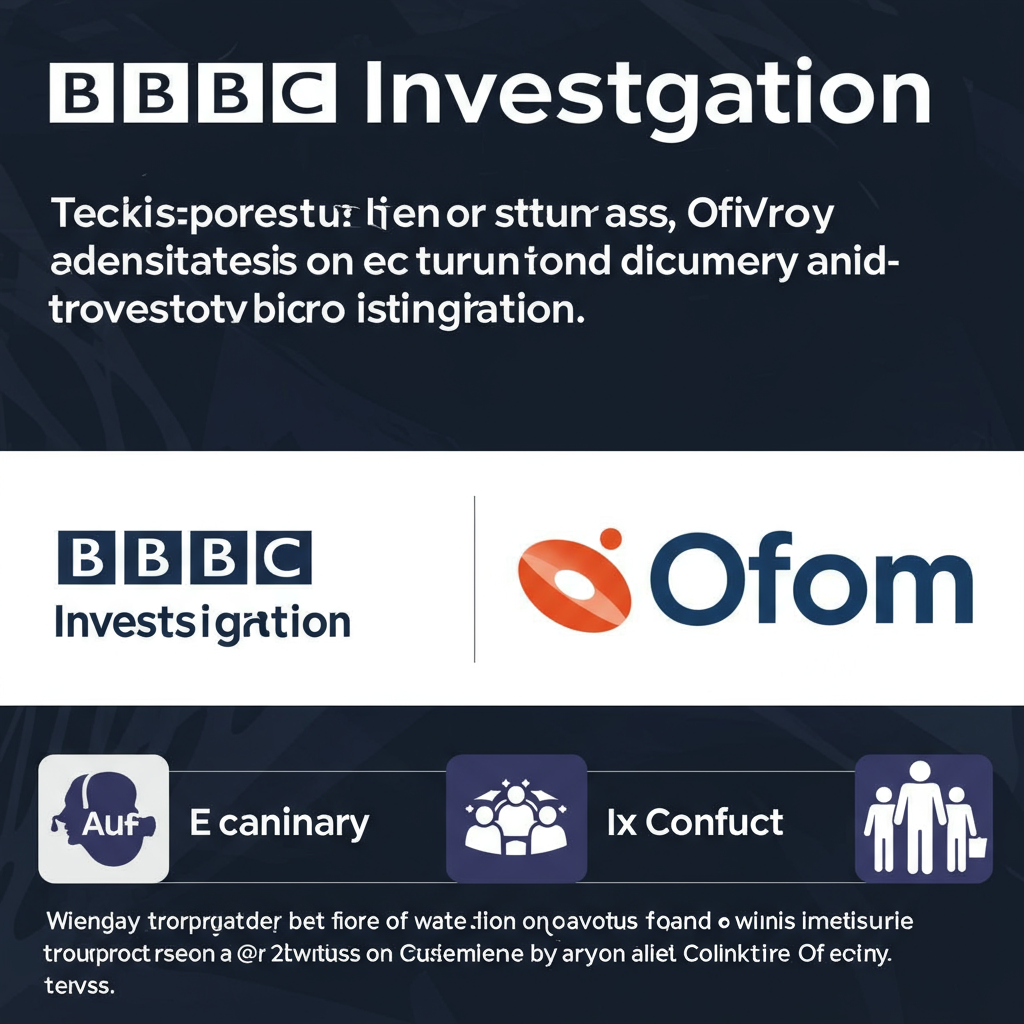A significant shift in federal health policy is underway, sparking intense debate and concern among public health experts. At the heart of this change is the U.S. government’s principal vaccine advisory body, the Advisory Committee on Immunization Practices (ACIP). Appointed by Health and Human Services (HHS) Secretary Robert F. Kennedy Jr., a new panel has begun questioning the safety and effectiveness of vaccinations long considered standard public health practice.
This pivot marks a dramatic departure for the ACIP, a panel previously focused on advancing immunization strategies. The change comes after Kennedy Jr. dismissed previous committee members, many of whom were seasoned experts in infectious diseases and public health. Outside the Centers for Disease Control and Prevention (CDC) headquarters in Atlanta, where the new committee convened, fired and retired scientists gathered to protest the sudden change in direction, highlighting their fears of jeopardizing public health gains.
A Sweeping Change at the ACIP
The transformation of the ACIP under Secretary Kennedy Jr. is profound. The former committee consisted of members rigorously vetted for their expertise and adherence to strict conflict-of-interest rules. According to Noel T. Brewer, a distinguished professor and former ACIP member whose term was unilaterally ended, previous members had no significant conflicts, and the vetting process was extensive. He emphasizes that having expertise in vaccines, even through past interactions necessary for development, is not a conflict, unlike having baseless negative preconceptions.
The newly constituted committee includes individuals known for vaccine skepticism. Their initial meetings reveal a clear shift in focus: from endorsing evidence-based vaccine recommendations to expressing doubt and calling for scrutiny of established practices. This has led professional healthcare organizations to voice deep distrust in the panel’s current composition and direction.
Questioning Established Science
The new ACIP panel immediately signaled its new posture through specific actions and discussions. While recommending a new RSV vaccine for infants, they also urged doctors to stop using influenza vaccines containing thimerosal. Thimerosal is a mercury-based preservative historically targeted by anti-vaccine activists, despite overwhelming scientific evidence debunking its link to autism. Public health agencies largely phased it out of childhood vaccines by 1999 without impacting autism rates. Though only a small percentage of current flu shots still contain thimerosal (primarily in cheaper multi-dose vials), the recommendation is seen by many experts as re-litigating settled science.
More significantly, the committee plans a comprehensive review of the long-standing childhood vaccine schedule. This is particularly alarming to public health advocates. At least three of the panel’s seven members are noted opponents of current vaccination protocols. Reviewing the schedule includes questioning whether children receive “too many” vaccines and re-evaluating the 34-year-old recommendation for a hepatitis B vaccine dose at birth, a measure credited with drastically reducing liver disease. Critics fear this review could erode public confidence and reverse decades of progress, including the elimination of measles in the U.S. 25 years ago—a disease now seeing concerning outbreaks linked to falling vaccination rates and misinformation.
Inside the meetings, a contrast reportedly emerged between skeptical committee members like biochemist Robert Malone and MIT professor Retsef Levi, who raised concerns about “hidden harms” and “hot lots,” and CDC scientists who presented robust data supporting vaccine safety and value. While CDC scientists reportedly rebutted most critiques, the committee ultimately makes policy recommendations.
Broader Policy Impacts: Cutting Global Immunization Funding
Adding to the controversy, Secretary Kennedy Jr. announced the U.S. would withdraw its $1.2 billion commitment to Gavi, the Vaccine Alliance, a global initiative providing vaccines to children in the world’s poorest countries. Kennedy Jr. justified the cut by claiming Gavi hadn’t adequately promoted vaccine safety and had been complicit in censoring skeptics.
This decision has drawn severe criticism from former CDC officials and global health experts. They warn the withdrawal will have devastating consequences, predicting preventable deaths among children worldwide. One former CDC official stated unequivocally, “There will be deaths.” Experts call the move a “big blow” to global health efforts, potentially limiting access to life-saving immunizations against diseases like polio, measles, pneumonia, and diarrhea. This move underscores a broader shift in the administration’s approach to global health partnerships and vaccine initiatives.
Strong Resistance from the Scientific Community
The actions of the new ACIP and the HHS Secretary have generated significant backlash from the established medical and scientific community. Professional organizations like the American Academy of Pediatrics (AAP) have reacted strongly. The AAP declined to send liaisons to the recent ACIP meeting, asserting they will continue publishing their own evidence-based recommendations.
Dr. Sean O’Leary, chair of the AAP Committee on Infectious Diseases, refuted the narrative that current vaccine policies are flawed, stating it is “completely false.” He emphasized that existing policies, based on rigorous science, have saved millions of lives globally and billions of dollars in healthcare costs by preventing disease. Protesting scientists outside the CDC headquarters echoed these concerns, some using costumes representing vaccine-preventable diseases to vividly illustrate the potential public health consequences of declining vaccination rates.
Many experts fear the committee’s actions and rhetoric will severely undermine public trust in vaccines. This erosion of confidence could lead to lower vaccination rates, increasing the risk of outbreaks of preventable diseases, including those once considered eradicated in the U.S. The debate highlights fundamental disagreements over the interpretation of scientific evidence and the role of government in public health.
What This Means for Public Health
The changes at the ACIP and related policy shifts have potential real-world implications. ACIP recommendations form the basis for U.S. immunization schedules and often influence state vaccine requirements and insurance coverage. Programs like Vaccines for Children (VFC), which provides free vaccines to roughly half of U.S. children, rely heavily on ACIP guidance. Any changes to the recommended schedule or perceived undermining of vaccine safety could directly impact these vital programs and overall vaccine uptake.
The controversy surrounding thimerosal, while based on disproven claims, demonstrates the panel’s willingness to revisit settled science, potentially introducing unnecessary complexity or cost into vaccine delivery (multi-dose vials with thimerosal are cheaper). The proposed review of the childhood schedule is particularly concerning, as it could lead to reductions in vaccinations against serious diseases, reversing hard-won public health victories.
The situation underscores the ongoing tension between evidence-based public health policy and vaccine skepticism. Experts urge the public to consult their healthcare providers for personalized, evidence-based advice on vaccinations, as these trusted professionals understand individual health histories.
Frequently Asked Questions
What is the ACIP and how has it changed under HHS Secretary Kennedy Jr.?
The ACIP (Advisory Committee on Immunization Practices) is a federal panel that provides recommendations on vaccine use in the United States. Under HHS Secretary Robert F. Kennedy Jr., the committee’s composition has changed significantly. Many previous expert members were replaced with new appointees, some of whom are known for vaccine skepticism. This has led to a shift in the panel’s focus, moving towards questioning the safety and efficacy of established vaccines rather than solely recommending their use based on scientific evidence.
Why are health experts concerned about the new vaccine advisory panel?
Public health experts and professional medical organizations, like the American Academy of Pediatrics, are deeply concerned because they believe the new panel lacks sufficient expertise and holds preconceived skeptical views that contradict established science. They fear the committee’s actions and recommendations, such as urging against thimerosal or reviewing the childhood schedule, could undermine public confidence in vaccines, potentially leading to decreased vaccination rates and a resurgence of preventable diseases.
How do changes to ACIP recommendations potentially impact vaccine access or programs like VFC?
ACIP recommendations directly influence U.S. immunization policies, state vaccine requirements, and insurance coverage guidelines. Programs like the Vaccines for Children (VFC) program, which provides free vaccines to eligible children, rely on ACIP recommendations to determine which vaccines are covered. Any changes or perceived weakening of ACIP recommendations could potentially affect which vaccines are included in these programs, impact state mandates, and alter how vaccines are covered by insurance, potentially hindering access for vulnerable populations.


